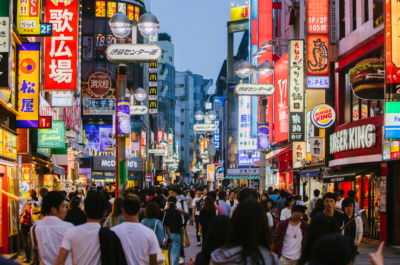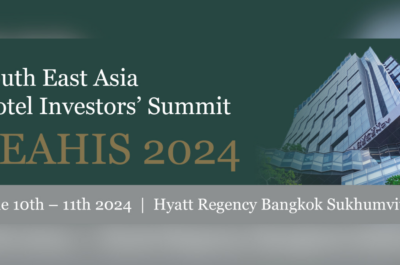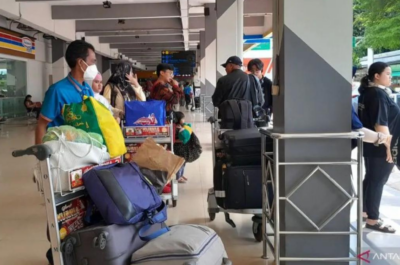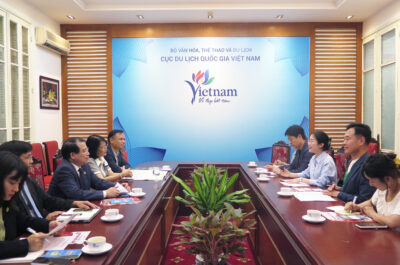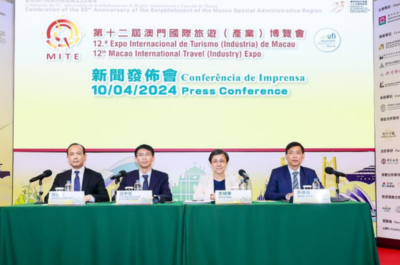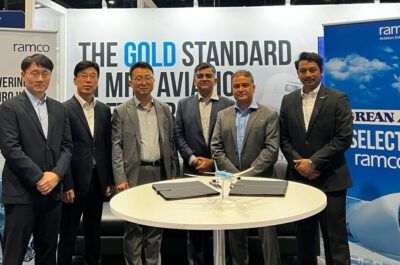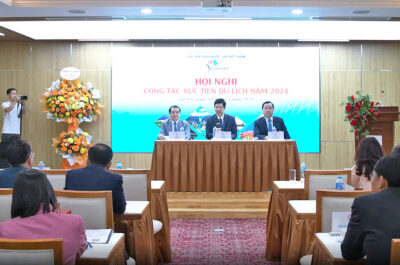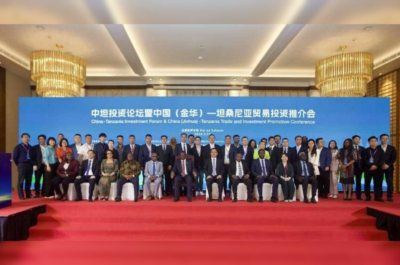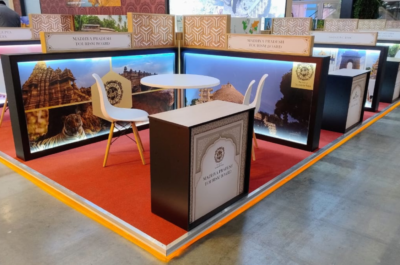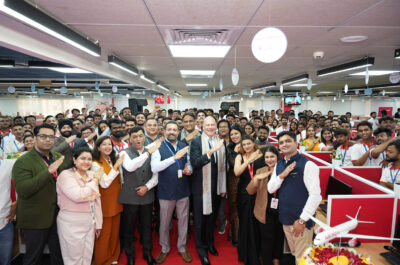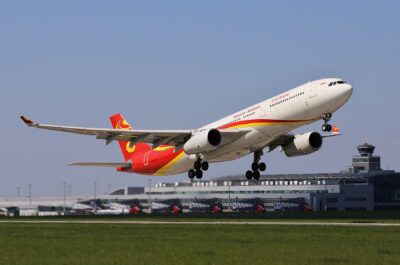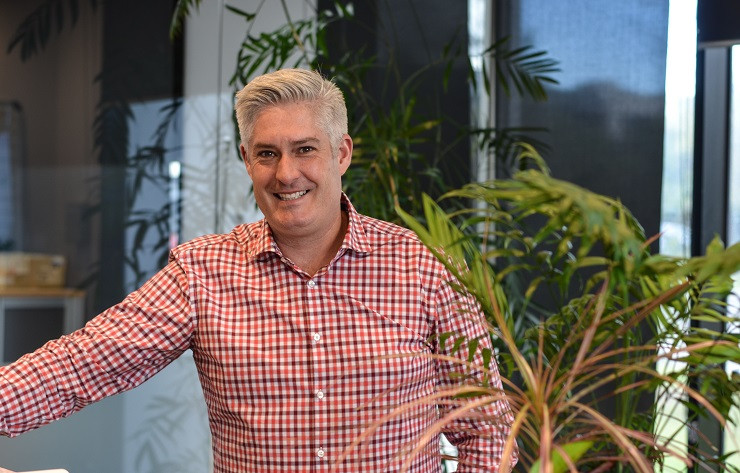
With the advent of Industry 4.0, the adoption of automation and robotics could be a key enabler to enhance growth.
Thailand’s service sector continues to be a key growth driver for the economy. The country is a well-known tourist destination, recording 38 million tourists in 2018 . Its night markets and street vendors are a common sight as are high-end retail outlets.
The Bank of Thailand notes that services comprised over half of GDP last year , 17 million jobs, or 40 percent of the labour force in diverse industries such as tourism, retail, health, communications and transportation .
Despite those numbers Thailand’s service sector GDP contribution has been stagnant for the last two decades . It remains dominated by low-productivity industries, with lower-skilled workers in “traditional” segments.
With the advent of Industry 4.0, the adoption of automation and robotics could be a key enabler to enhance growth. Businesses must leverage the full potential of these technologies to improve their competitiveness and remain sustainable.
Cobots take on non-traditional applications
Smaller robots, called cobots, designed to work side-by-side with people, are an exciting new technology option for Thailand’s service sector. Cobot’s numerous benefits, ease of use and flexibility have opened the door for non-traditional industries. Their compact, safe and collaborative nature enables them to be used in hotels, restaurants, greenhouses and even airports.
At M Social Hotel, Singapore, a Universal Robots (UR) cobot prepares eggs sunny-side-up or as an omelette . At the Huis Ten Bosch theme park in Japan, a cobot or the “Takoyaki Robot OctoChef” was introduced to optimise the process of making Takoyaki – Japanese dumplings.
The healthcare sector can greatly benefit from cobots. Singapore’s Changi General Hospital uses a robot picker – a cobot that can pick a range of objects, including fragile items – from a shelf, allowing staff to focus on catering to patients’ needs.
Copenhagen University Hospital in Denmark deployed two UR cobots to handle and sort blood samples for analysis, enabling the hospital to meet its target of delivering more than 90 percent of results in an hour.
Thailand’s healthcare sector is certainly ripe for cobots. The country has world-class medical facilities and specialists, and a progressive view on medical robotics, according to GlobalData, a leading data and analytics firm . The Board of Investments (BOI) has rolled out several investment promotion incentives in its bid to promote medical robotics in the sector and reach international medical hub status.
Leveraging cobots to enhance capabilities
Thailand’s service sector is a critical growth engine for the country, with industries such as medical and tourism rising in importance. However, the sector has not grown in line with its ASEAN and non-ASEAN peers or with advanced economies.
Cobots, though largely used in the manufacturing industry, can also offer the service sector vast benefits and flexibility to automate unique, non-traditional tasks. This also enables employees to be exposed to robotic technology and take on higher-value roles. Leveraging cobots, the local service sector can elevate itself and compete globally.
James McKew joined Universal Robots (UR) in March 2019 and is based out of the Regional Office in Singapore. As Regional Director of APAC, James leads the team in Asia Pacific, overseeing the offices in China, Taiwan, Japan, South Korea, Singapore and India.
With a wealth of experience in the technology and automation industries with a focus in management and sales, James has a track record of delivering development, transformation and repositioning businesses to deliver sustainable revenue and earnings growth.
At UR, James oversees company operations and is responsible for developing and executing the regional strategy with the local teams, contributing towards UR global revenue targets.
James holds a Masters of Business Administration (Executive) from the University of New South Wales, Australia and a Diploma in Law from the Legal Practitioner’s Admission Board of New South Wales, Australia.
Prior to UR, James served as the Group Sales & Marketing Director, ANZ at SMC Corporation Australia, Chief Operating Officer at All Filtration Technologies Pty Ltd and in Parker Hannifin as Division General Manager (Filtration).































